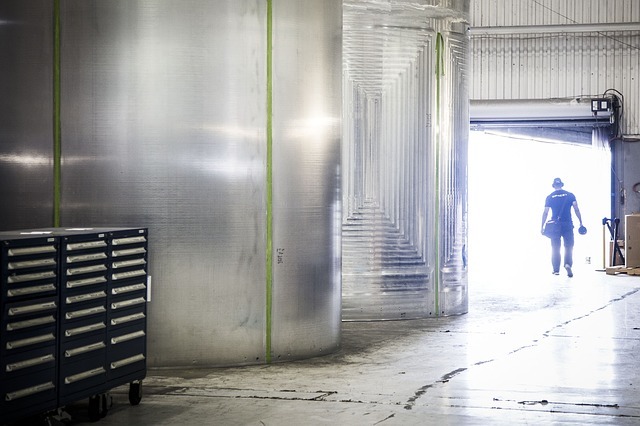What is the Proper Way of Maintaining Your Fuel Tanks?
The majority of high quality and reliable fuel tanks come with a guarantee. Diesel fuel tank owners can choose to extend the life of their tanks by virtue of regular maintenance.
But even when there is ongoing maintenance work, it is vital that you still maintain your tank properly. By this measure, you’d be able to prevent the occurrence of damage to your fleet and heaters with dirty fuel. This will also significantly help in preventing accidental spill or fire.
But most importantly, giving your fuel storage tank regular maintenance routine, you have better chances of removing any rainwater from seeping further and deeper into your tank.

Overfilling, vandalism, accidents, and harsh environmental conditions – you need to factor all these things and they all make a good reason why you need to carry out a periodic tank inspection. During inspection routines for your tank, make it your goal to check out your tank for any kind of damage.
Check out your tank’s overfill protection device or mechanism, take a look at the shutoff valves. See to it that they are securely locked to protect it against all types of hooligans and vandals.
To ensure that your aluminum fuel tanks or whatever type of fuel containment facility you have, it is crucial that you, besides cleaning the vent regularly, always tighten pipework fittings.
These vent systems should be pointing down all the time, clear from all kinds of obstruction that may work against the free flow or passage of air.
Sludge build-up is inevitable in some tanks, most especially when they are not properly attended to. The ideal course of action we have against the build-up of sludge inside fuel containment systems is to completely empty out the tank. However, this action may be easier said than done, aside from which there are instances that it can’t be carried out. Otherwise, it will cause operation shutdown — then your next alternative would be to clean up the inside linings of your tank instead.
Due to the inherent risk of explosion or fire, we highly recommend enlisting the help of a trained and highly experienced technician for this purpose only, carrying out a routine cleaning job to your tank.
You should also not miss checking your tank for possible leakage. This happening will expose your company to expensive litigation. Or perhaps a criminal or civil sanction, all these aside from the fact that it can put the immediate environment to harm’s way.
During the rainy season or if there happens to be a heavy downpour, make sure that you open the bund and inspect carefully if there is any standing rainwater inside it. Keep in mind the rule of thumb that is applicable in bunded tanks — they can hold and contain 100% of the capacity of the inner tank. By this, that available space will not be taken up or occupied by rainwater.
There automated mechanisms that can help determine water or oil presence in your bunded containment system, just before it is even pumped out. If it happens to be an oil that found its way to your tank, it is imperative to heed the recommended proper discharge procedures. This should be carried out if the water happens to have more than 0.1% oil.
Checking out your tank’s physical security features like locked steel fences is of prime importance, too. Make sure that it is not banged into if there are visible signs of encroaching that has taken place.
And finally, pay attention to the supply pipework and see to it that there are no indications for damage or corrosion. If there happens to be a heavy vehicle passed over it, the odds of your underground pipework getting dented is high. This will certainly necessitate you to carry out a leak detection test.
What is the Proper Way of Maintaining Your Fuel Tanks? Read More »
